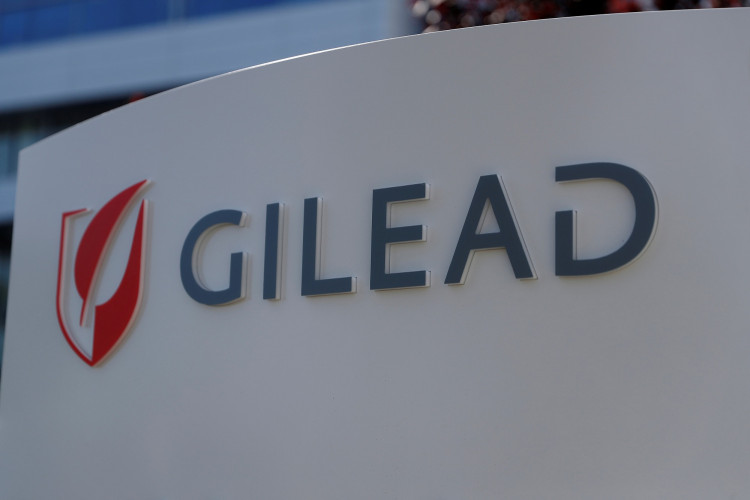US biotech company Gilead Sciences will be purchasing clinical-stage immuno-oncology company Forty-Seven for $4.9 billion in cash. Through the acquisition, Gilead, which announced the deal on Monday, will be able to add the company's experimental treatment for blood cancer to its already robust portfolio of cancer drugs.
Following the announcement of the acquisition, Forty-Seven's share priced surged by around 62 percent during trading. The amount Gilead is willing to pay for each Forty-Seven share was still higher even with the surge after the acquisition announcement.
Gilead's shares had also surged by around 2.3 percent in early morning trading, ending the day at $70.95 per share. Previous reports had speculated that Gilead had already approached Forty Seven multiple times in the past with takeover offers.
The acquisition is expected to complement Gilead's previous purchase of oncology firm Kite Pharma for $12 billion in 2017. The combination of Forty-Seven's treatments and Gilead's existing portfolio should result in a significant earnings surge in the coming quarters. This is a much-needed boost for the company as sales of its core hepatitis C drugs continue to slump.
Gilead's decision to purchase Forty Seven is mainly to acquire the company's lead cancer drug called Magrolimab. The drug is supposedly able to switch off the "do not eat me" signal, medically known as the CD47 signal, sent out by tumor cells to avoid it from being destroyed. The drug is currently in the early stages of testing, with its results showing some promise.
Forty-Seven initially developed the CD47 antibody treatment for a type of blood cancer called the myelodysplastic syndrome. Gilead could, in theory, use the drug in conjunction with its Yescarta treatment, which it acquired through the Kite acquisition.
Gilead chief medical officer, Merdad Parsey, mentioned in a statement that the ongoing studies for the treatments have shown promise. This could lead to big "possibilities" for the company and for consumers, particularly for those suffering from diffuse large B-cell lymphoma, or DLBCL. Gilead plans to test out Forty Seven's magnolia as a treatment for the type of non-Hodgkin's lymphoma.
The company's Yescarta, a type of CAR-T therapy, has already become a popular treatment for certain types of DLBCL. With the addition of Forty-Seven's magrolimab, Gilead could acquire a much bigger share in the lucrative niche market.
Some analysts have pointed out that there may be a possibility of the company's plans backfiring. It is possible in the future that the market could be split between the two treatments, with magrolimab directly competing with Gilead's Yescarta.





